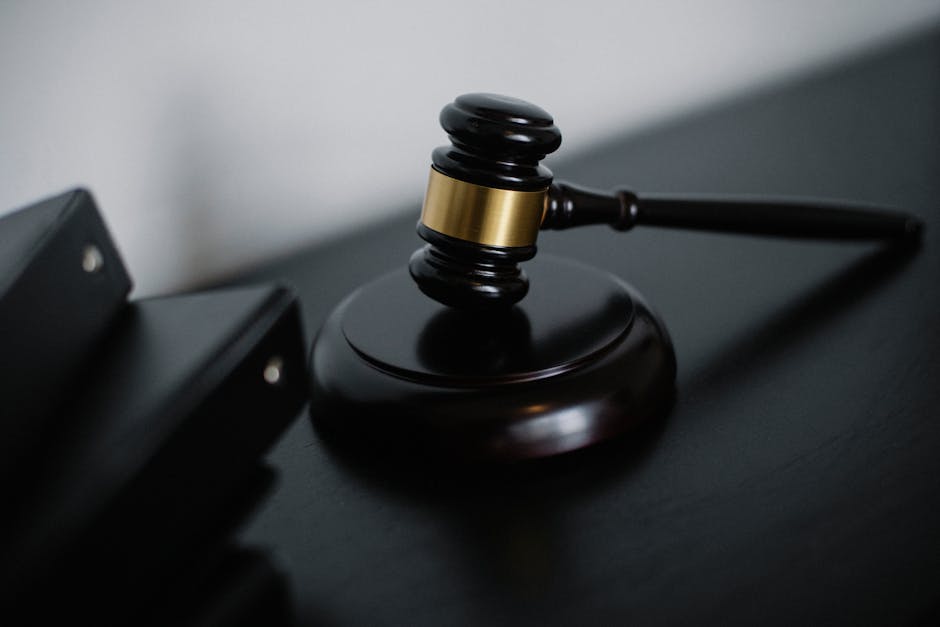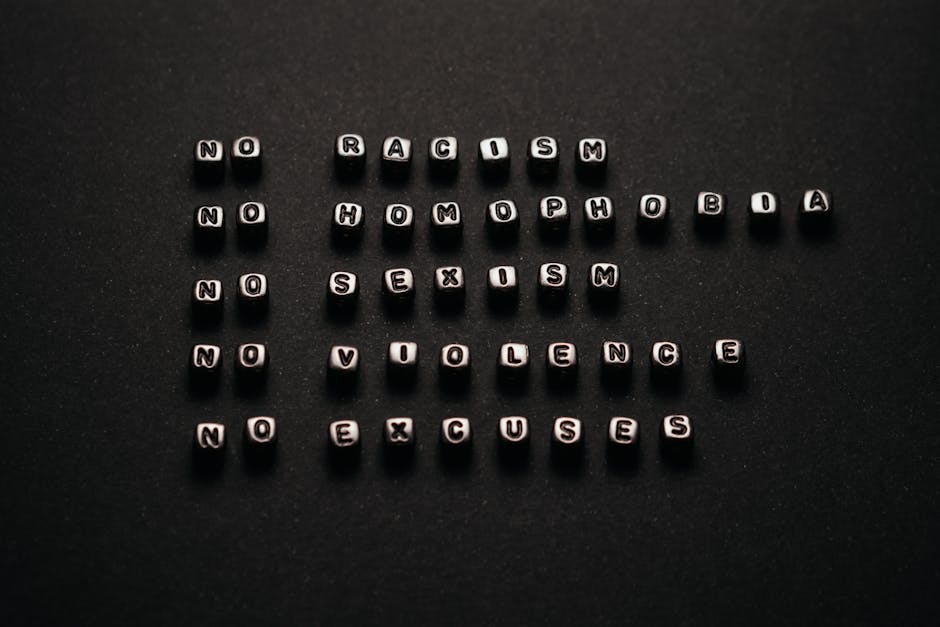Karur Stampede: Advocate Challenges SIT Formation
In the wake of the tragic Karur stampede, which claimed multiple lives and left many injured, the Madras High Court’s decision to form a Special Investigation Team (SIT) has sparked a legal debate. An advocate has now filed a plea urging the court to recall its order, questioning the necessity and fairness of the SIT.
What Led to the Karur Stampede?
The stampede occurred during a large public event in Karur district, where thousands had gathered for a religious festival. Alleged mismanagement and overcrowding led to the tragedy, leaving the community in shock. The Madras High Court took suo motu cognizance of the incident and ordered the formation of an SIT to investigate the causes and identify those responsible.
Why the Advocate Opposes the SIT
The advocate’s plea argues that the SIT’s involvement is unnecessary and could lead to procedural irregularities. According to the petitioner, the local police and district administration are already conducting a thorough investigation, and the SIT might complicate the process. The plea also highlights concerns about potential delays in delivering justice, as SIT investigations often take longer than regular police probes.
“The local authorities are fully equipped to handle the investigation. The SIT’s involvement could lead to duplication of efforts and unnecessary bureaucratic interference,” the advocate stated. The petitioner emphasized the need for swift action to ensure accountability and justice for the victims, which might be hindered by the SIT’s involvement.
Debate Over the Role of SITs
The plea has reignited discussions about the role of SITs in high-profile cases. While SITs are often formed to ensure impartiality and transparency, critics argue that they can slow down investigations and divert resources. Supporters, however, believe SITs are essential in cases involving systemic failures or allegations of bias within local law enforcement.
Madras High Court’s Initial Stance
The Madras High Court’s decision to constitute the SIT was initially seen as a proactive measure to address public concerns and ensure a fair investigation. The court had expressed dissatisfaction with the initial reports from local authorities, stating they lacked depth and clarity. The SIT was expected to bring a fresh perspective and uncover any lapses that contributed to the tragedy.
Advocate’s Call for Reconsideration
The advocate’s plea urges the court to reconsider its decision and allow local authorities to complete their investigation before deciding on the need for an SIT. It also calls for regular updates on the investigation’s progress to ensure transparency and accountability.
Broader Implications for Public Safety
The Karur stampede has raised serious questions about event management and safety protocols at public gatherings. The incident has prompted calls for stricter regulations and better enforcement to prevent future tragedies. While the legal battle over the SIT continues, the focus remains on supporting the victims’ families and ensuring accountability.
What’s Next?
As the Madras High Court prepares to hear the advocate’s plea, the case is being closely watched by legal experts and the public. The outcome could set a precedent for how similar cases are handled, balancing thorough investigations with the urgency of delivering justice.
The people of Karur continue to seek answers and closure, hoping the truth behind the stampede will be uncovered and measures will be taken to prevent such a tragedy from recurring.




